Hazel Grace Lancaster (Shailene Woodley), The Fault in Our Stars – Thyroid Cancer
A single diagnosis can change your life forever. These films portray life-changing diagnoses and those characters’ journeys for love, self-worth, and purpose in the face of an uncertain world. Their stories prove that good endings don’t require “happily living ever after” but living fully while given the chance. Read on to discover these inspiring stories.
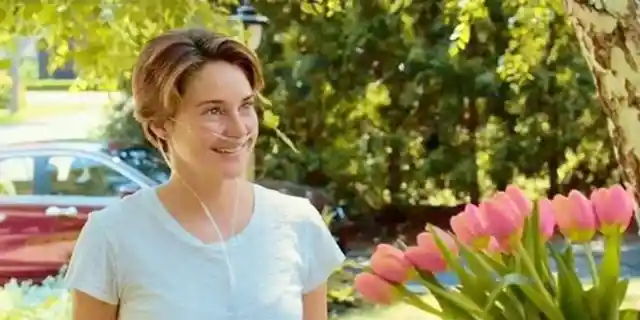

How do you prioritize your bucket list when you’ve got a few months to live? Based off of the popular young adult novel, The Fault in Our Stars addresses life as death becomes inevitable, even in the face of love. This film gives sick teens and young adults relatable characters as they try to make sense of the days they are living.
This wildly popular film moved audiences to tears as it demonstrated that life is sometimes about the quality, not the quantity of years.
Charlotte Fieldin (Winona Ryder), Autumn in New York – Neuroblastoma
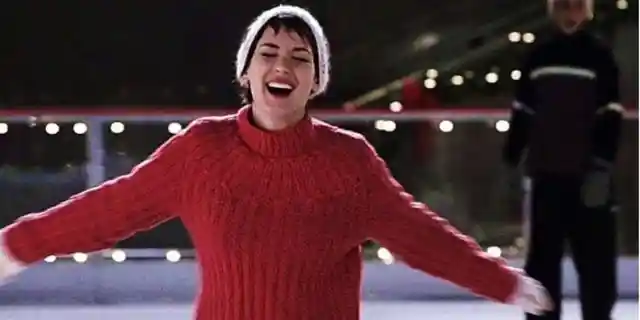

There are numerous reasons the relationship between Charlotte Fieldin and the womanizer Will Keane shouldn’t last. Will finds that his one-and-done attitude about relationships come to a halt when he learns about Charlotte’s terminal cancer.
Her character struggles with choosing the right way to die and learns that the only way to go is through following your heart.
John Forbes Nash Jr. (Russell Crowe), A Beautiful Mind – Schizophrenia


A Beautiful Mind allows the audience to experience the reality of a schizophrenic mind. While John Nash’s contributions to the world of mathematics are countless, this film reveals the conflicted life of a genius with one foot in reality.
For many people, this diagnosis means the end of a normal life, but Nash transforms his circumstances, proving that schizophrenia is just another challenge in his life.
Virginia Woolf (Nicole Kidman), The Hours – Depression
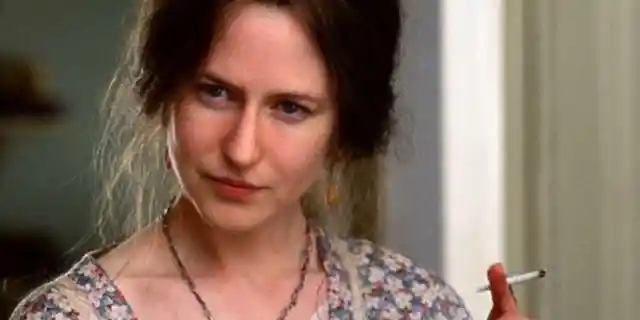
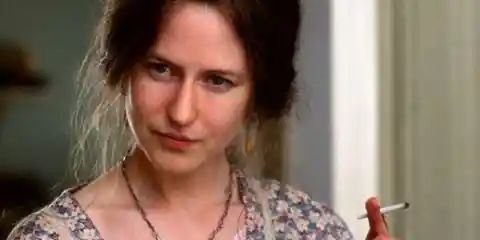
Virginia Woolf has a gravity about her name that makes you wonder why she was so prolific. The Hours gives an insightful performance on how Woolf handles her trials with depression.
Although she takes her own life in the end, Virginia Woolf is a fierce character and model of a strong, feminist character inspiring thousands with her literary work.
Marley Corbett (Kate Hudson), A Little Bit of Heaven – Colon Cancer

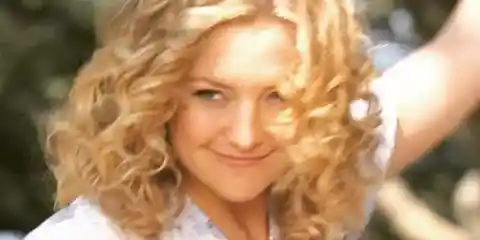
Colon cancer doesn’t seem like a laughing matter, but humor is Marley Corbett’s only coping mechanism. This film illustrates how cancer can strike anyone at any time.
How do you deal with that news? Marley works through her cascade of emotions as she comes to terms with the end of her life. It’s a funny yet sobering look at life and what matters most.
Maggie Murdock (Anne Hathaway), Love & Other Drugs – Parkinson’s Disease


Someone once said, “Dating is just gathering enough information about the other person until you realize you don’t like them.” How do you disclose something as personal as early-onset Parkinson’s Disease?
Maggie is a free-spirited gal flitting from one relationship to the next to avoid serious attachments. However, she comes to realize that a meaningful relationship takes vulnerability and trust, which isn’t easy for her.
Christy Brown (Daniel Day-Lewis), My Left Foot – Cerebral Palsy
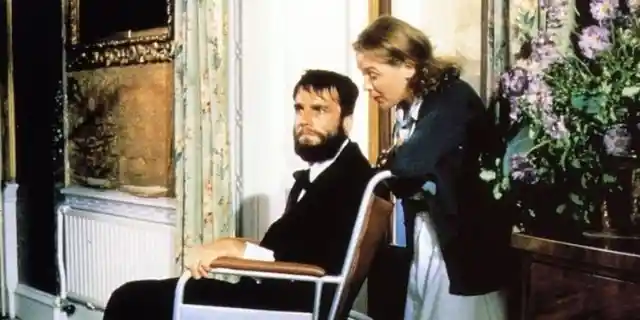
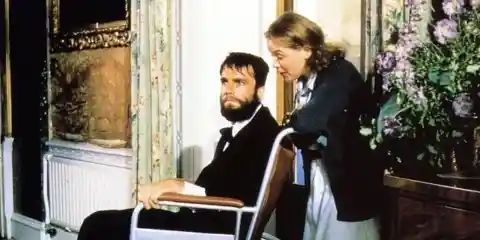
Based on the autobiography of Christy Brown, My Left Foot portrays the perseverance of a man diagnosed with cerebral palsy. Daniel Day-Lewis underwent months of research and method acting to understand the disease, which brings an awe-inspiring performance to the screen.
Undoubtedly emotional, Christy’s life shows his struggle for independence in light of a disease that strips away much of his freedom.
Raymond Babbitt (Dustin Hoffman), Rain Man – Autistic Savant


Rain Man received a slew of awards for the story inside of the film. Dustin Hoffman’s depiction of an autistic savant brought heightened awareness to the autistic community. His character, Raymond Babbitt, may not be able to connect with others socially, but his brilliance compensates for his social shortcomings.
The character of Raymond Babbitt shows the world that everyone has something special to offer, even especially if you’re a little different.
Sarah Norman (Marlee Matlin), Children of a Lesser God – Deaf
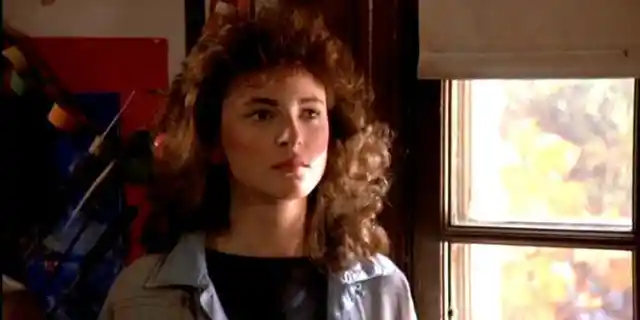
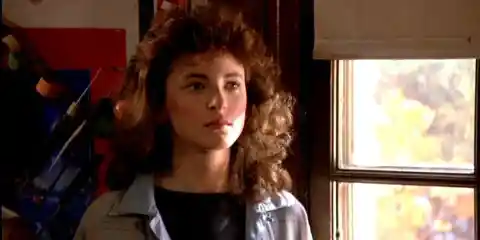
This film stirred up controversy when it cast Marlee Matlin, a deaf actress, to portray the deaf character Sarah Norman. The story tackles the many hardships of communication, arguments, and growth in disabled relationships.
Both the film and Marlee’s life illustrate the complications the deaf community faces as it communicates to the hearing world.
Tyler Durden (Edward Norton), Fight Club – Dissociative Identity Disorder
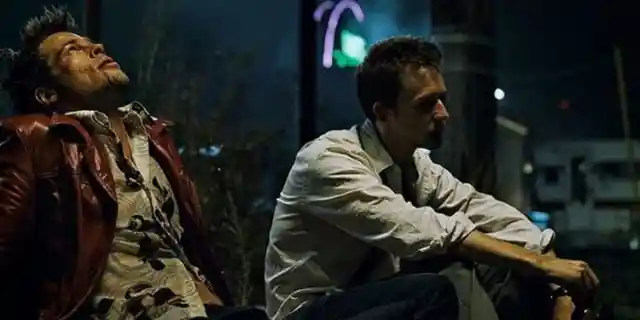
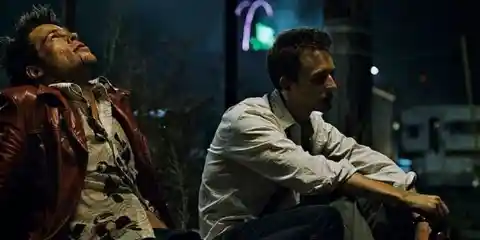
The first rule about fight club? You don’t talk about the narrator’s dissociative identity disorder. The cult classic continues to key up conversations about mental health— more specifically, how powerful the mind truly is.
The narrator doesn’t realize he can build an empire inside him throughout the entire film. It’s a wild ride from start to finish, but it holds a valuable life lesson for all of us.
Susanna Kaysen (Winona Ryder), Girl, Interrupted – Borderline Personality Disorder
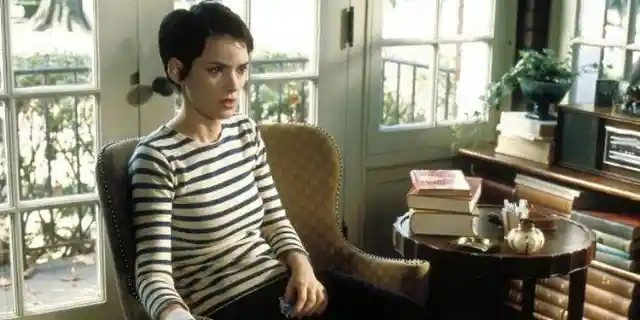
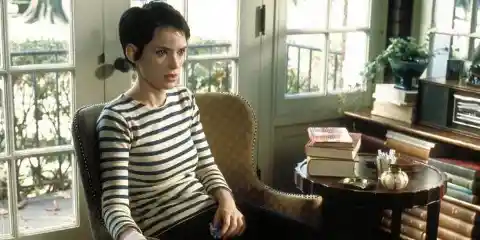
Sometimes, art imitates life. Based off of the memoirs of Susana Kayson, this film sheds light on the resilience of relationships. Susanna doesn’t expect to connect with the girls in the mental hospital, but she finds that these are some of the most authentic and vulnerable friendships she’s ever made.
It’s an inspiring film that proves we can create meaningful relationships, no matter the circumstances.
Shelby Eatenton Latcherie (Julia Roberts), Steel Magnolias – Diabetes
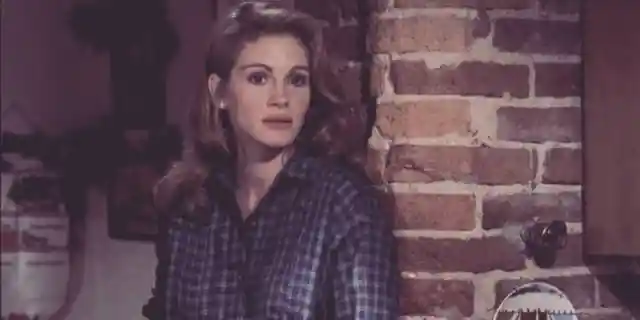

Based on the life story of the author’s sister, Steel Magnolias follows a group of women in a beauty shop and the bonds they form. Shelby, one of the group’s members, suffers several complications from type one diabetes.
She lives a life full of meaning, going through with her pregnancy despite her poor health, and changes the lives of everyone around her.
Kate (Hilary Swank), You’re Not You – ALS
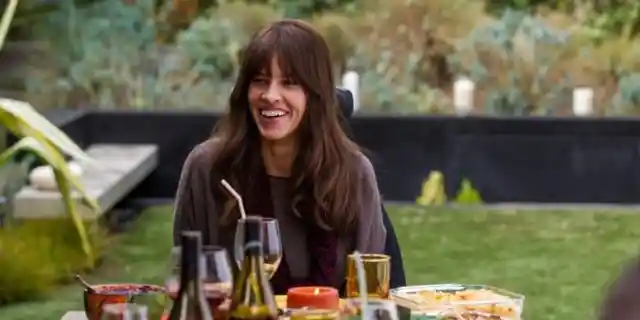
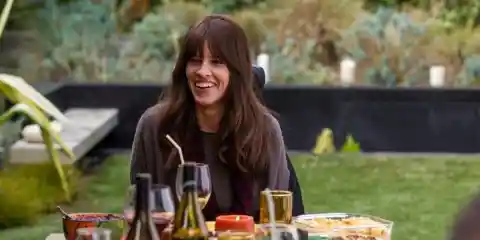
Music is an invaluable part of our lives, but even more so for musicians. As a classical pianist, Kate relies on her dexterity to create beautiful compositions. However, ALS threatens to strip her world of her greatest passion.
This film demonstrates Kate’s resilience, especially as it compromises her identity as a musician. Despite her diagnosis, she reclaims her purpose in life, overcoming enormous obstacles in the process.
Andrew Beckett (Tom Hanks), Philadelphia – AIDS
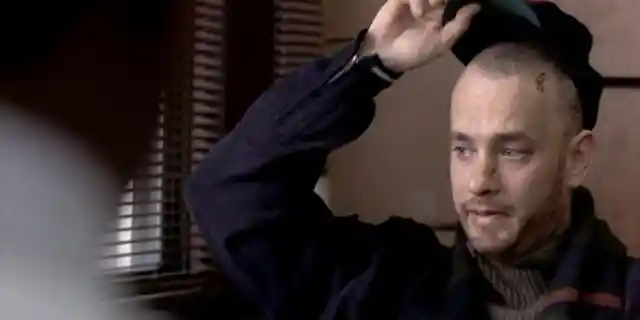
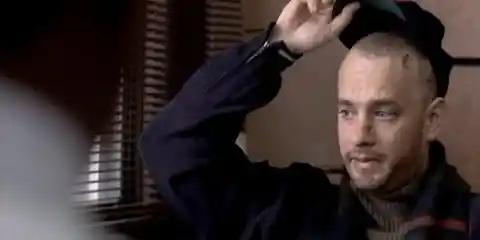
This drama was nothing short of groundbreaking. Philadelphia was one of the first Hollywood films to address homosexuality and AIDS. Tom Hanks portrays a lawyer, Andrew Beckett, who’s fired due to his sexuality and sickness. He takes his case to court and argues wrongful termination against his firm.
The film hits on the stigma, discrimination, and misconception of AIDS during the late ’80s and early ’90s.
Rambo (Sylvester Stallone), Rambo – Post Traumatic Stress Disorder


Mental illness is no match for guns, muscles, and machoism. Rambo is an icon of toughness, but the toils of war take a toll on the war hero. His character demonstrates how it’s acceptable to experience physical and emotional trauma and the grief associated with it.
PTSD isn’t something to be embarrassed by, and the audience learns that through Rambo’s character of perseverance.
Jamie Sullivan (Mandy Moore), A Walk To Remember – Leukemia


High school is difficult enough without having to manage your failing health. Jamie goes through school volunteering her time and giving back to her community, although she knows she won’t be there for long. She guards her heart to minimize the heartbreak to her family but falls in love in the process.
In the end, this film is truly a testament to “Better have loved and lost than never to have loved at all.”
Melvin Udall (Jack Nicholson), As Good As It Gets – OCD


Obsessive compulsive disorder remains a glamorized illness through reality television. However, Jack Nicholson’s character, Melvin Udall, depicts the bleak consequences of suffering from OCD. The movie deals with themes of isolation and relationships, which are common, hidden symptoms for many patients.
Through lighter notes of humor and realism, this film illustrates how we connect as humans despite our inherent flaws.
Jackie Harrison (Susan Sarandon), Stepmom – Lymphatic Cancer
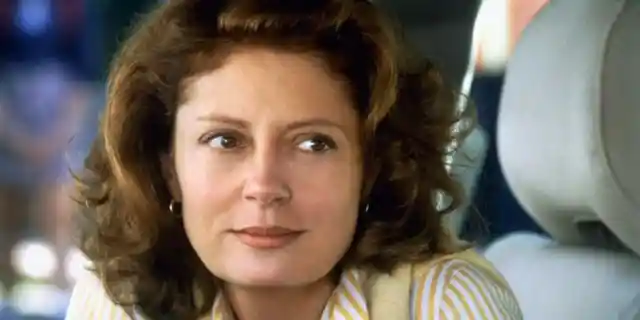
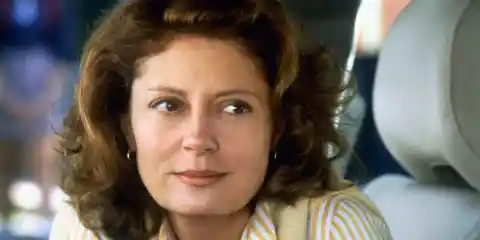
Jackie Harrison must handle her recent divorce, her ex-husband’s new wife, and the welfare of her children in the face of terminal cancer. Although the road is bumpy, Jackie and her children’s stepmother learn to appreciate each other’s strengths as Jackie comes to terms with her illness and its effect on her children.
This film captures how an illness interjects at the wrong time in life.
Ben Sanderson (Nicolas Cage), Leaving Las Vegas – Alcoholism
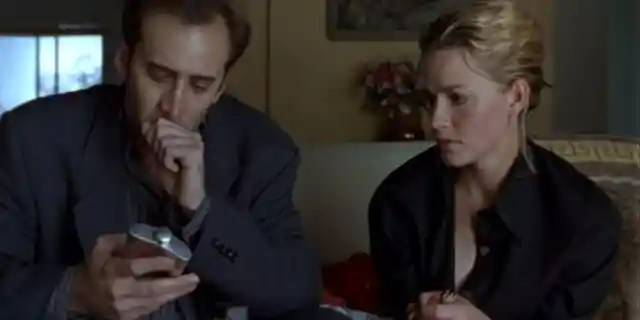
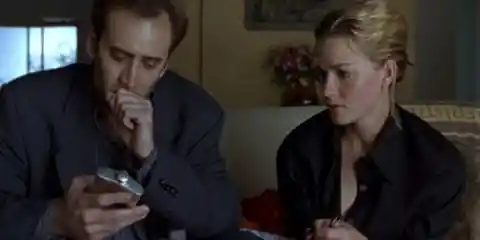
Even Sin City needs rules, which is what the alcoholic, Ben Sanderson, and the high-end prostitute, Sera, establish in their relationship. He doesn’t judge her career. She doesn’t judge his excessive drinking. But neither can remain quiet as their addictions and feelings for one another intensify.
This film uncovers the hardship of addiction and the demons we can see in everyone except ourselves.
Samantha Cavanaugh (Leelee Sobieski), Here on Earth – Knee Cancer
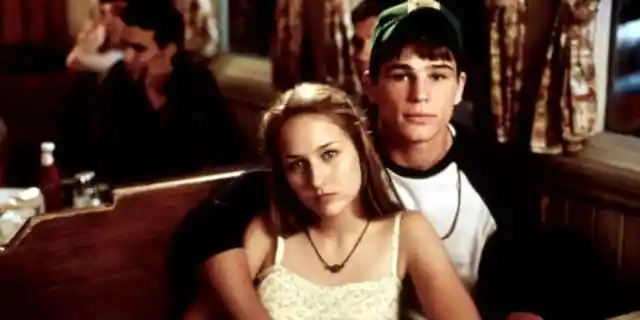
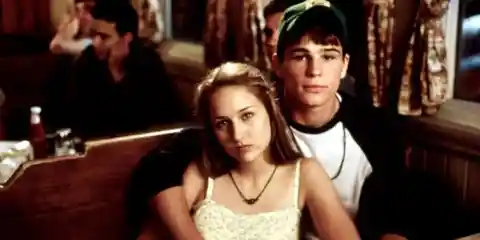
The life of a teenager is often a whirlwind. It’s no different for Samantha Cavanaugh. On her last summer on earth, she finds herself entwined in a love triangle between two enemies.
Her journey isn’t only about her decisions in love, but her decision to embrace death even when she has so much to lose.
Forrest Gump (Tom Hanks), Forrest Gump – Borderline Intellectual Disability
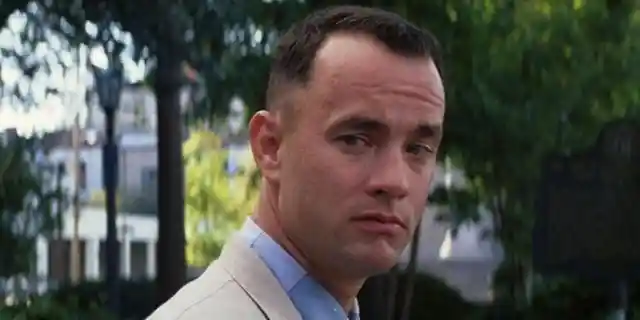
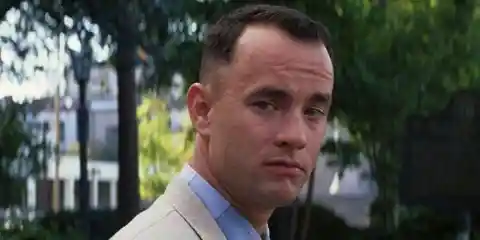
Life is like a box of chocolates. Forrest Gump may be one of those surprisingly delicious chocolates. He’s unassuming but carries a drive about him that’s inspirational to everyone he meets.
His character goes to show that you don’t have to be the brightest bulb in the box to make a difference in the world.
Sara Deever (Charlize Theron), Sweet November – Non-Hodgkin’s Lymphoma
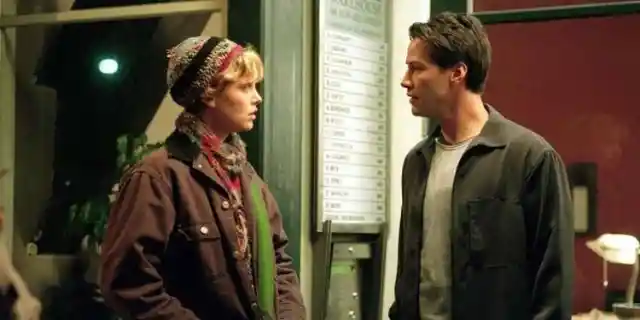
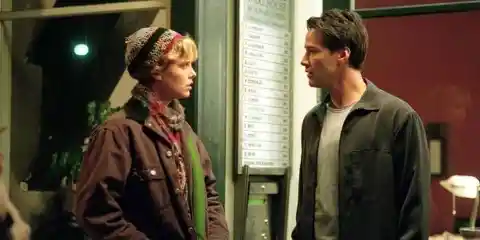
PHOTO: INSTAGRAM @DANDY_AE
Every stranger has a hidden story. This is certainly the case with Nelson Moss and the eccentric Sara Deever. After a wild encounter at the DMV, Sara and Nelson’s lives entangle for the month of November.
In that time, Sara demonstrates her love for life and the relationships she keeps, although they may not be for long.